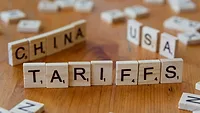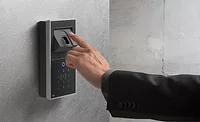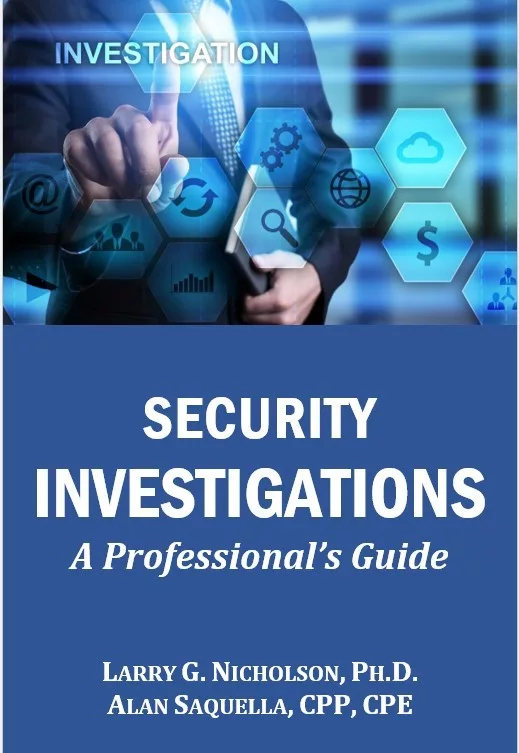Recession is fueling a boom in insurance fraud
The sour economy is producing a bumper crop of cash-strapped consumers, business owners and shady agents who're fueling a wave of insurance fraud that's keeping regulators and law enforcement officials busy from coast to coast.
Whether it's worthless health plans peddled by fax, staged auto accidents, arson or slip-and-fall accidents at the local mall, insurance fraud of all kinds is booming in the recession and consumers are paying the price in higher premiums.
About 48 million insurance claims are made each year in the U.S. and less than one-quarter of 1 percent are referred to the nonprofit National Insurance Crime Bureau for investigation of possible fraud. Last year, that amounted to just more than 85,000 questionable claims. That was up 14 percent from nearly 75,000 in 2008, however.
A recent survey of 37 state insurance-fraud bureaus by the Coalition Against Insurance Fraud found that the recession "appears to have had a significant impact on the incidence of fraud" last year. On average, the bureaus reported increases in case referrals and new investigations in all 15 categories of fraud the survey covers.
Leading the way was the sale of bogus health insurance plans, with 38 percent of bureaus reporting a "much higher" increase over 2008. With some 50 million uninsured Americans and growing confusion about the health care debate, state insurance regulators have their hands full keeping up with scam artists.
In recent months, more than a dozen states have put out consumer alerts or issued fines and cease-and-desist orders against unregistered firms offering worthless plans or deceptively marketing plans with limited benefits as full-coverage insurance.
Some of the bogus plans turn out to be discount cards that provide only slight price breaks on services such as prescriptions or X-rays. Many are advertised on television and the Internet, but most are marketed through junk faxes that are sent to businesses, government offices and homes.
Looking for a reprint of this article?
From high-res PDFs to custom plaques, order your copy today!







